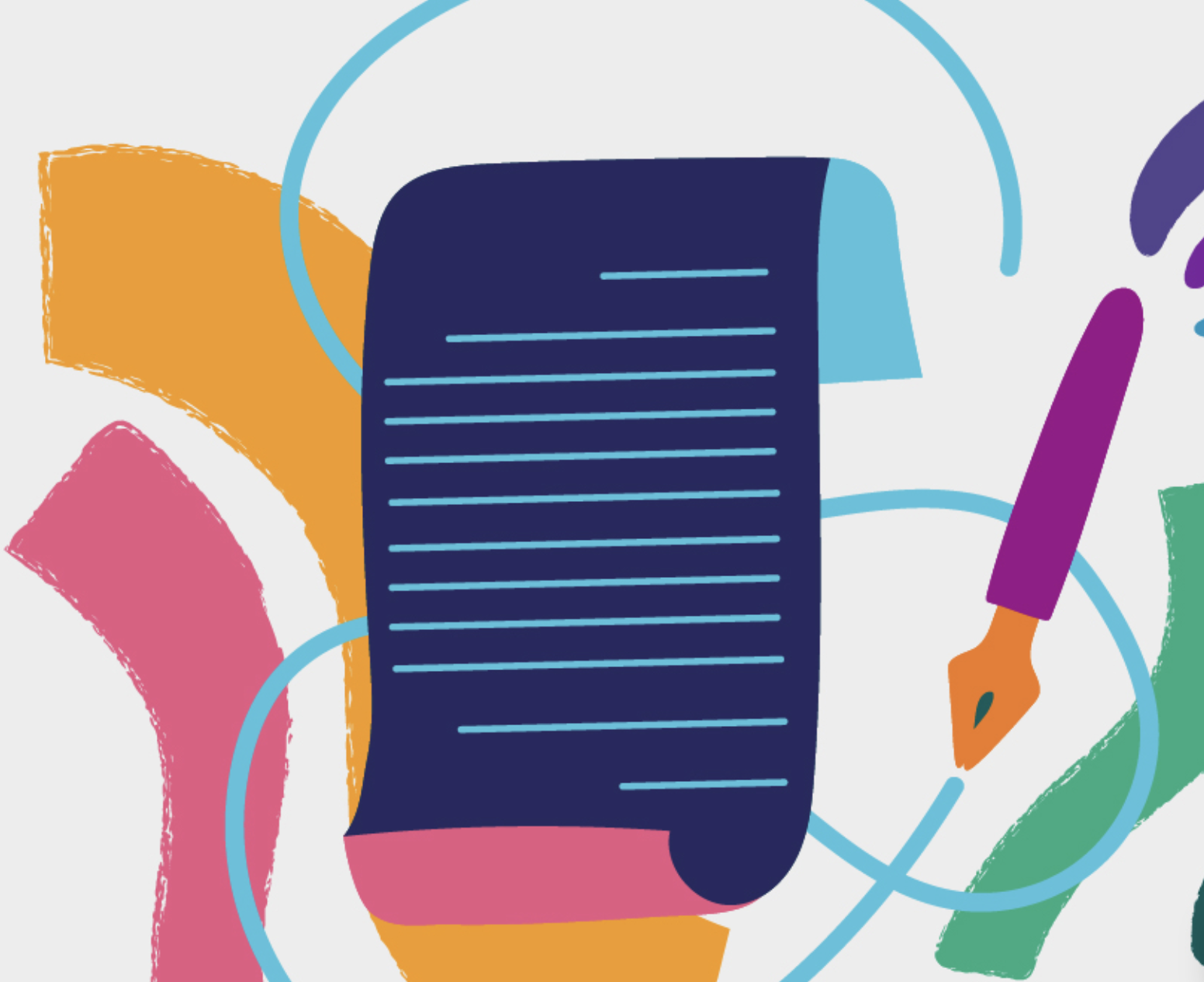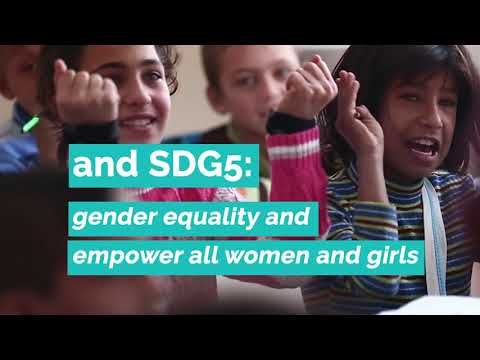International Women’s Day is a global call to action for accelerating efforts towards gender equality — a critical moment in a pivotal year for the rights of women and girls. 2020 marks 25 years since the adoption of the Beijing Declaration and Platform for Action, the most comprehensive global roadmap for the realisation of gender equality and the empowerment of women and girls yet.
This year also marks the start of the Decade of Action to achieve the 2030 Sustainable Development Goals (SDGs) agenda. Now is the time to take stock of what has been achieved, while also looking ahead to new challenges that must be overcome to advance our shared vision for humanity.
Gender equality in education is at the heart of the SDG agenda. It is essential for our societies and economies to thrive. Education has the potential to empower girls and boys to fulfil their potential, have greater agency over their lives, and challenge the status quo.
An equal world is an enabled world, and only when all boys and all girls achieve their right to education will we have a chance at tackling the major challenges of our time.
We all have a role to play in building a gender equal world
The 2020 theme for International Women’s Day, #EachforEqual, highlights the role that everyone can and must play in building a gender equal world. It recognises that we are all part of a whole, and that when we stand together, we have the power to create real and lasting change.
We, as political leaders, have a critical role to play. In just a few months’ time, Commonwealth leaders will gather for the biennial Commonwealth Heads of Government Meeting (CHOGM) in Kigali, Rwanda. If we are to make good on the world’s promise of safe, quality and inclusive education, we must pursue effective strategies that promote full and equal access, participation and progression in education.
Removing the barriers that hinder gender equality requires us to look beyond gender parity in education. Merely counting girls in classrooms can obscure the multi-dimensional barriers to girls’ empowerment in and through education.
For example, in Trinidad and Tobago, girls regularly outperform boys in school. Yet girls are not well-represented in STEM subjects, and, as in many countries, the prevalence of gender-based violence, early pregnancy and sexual harassment indicates the continued need to eliminate gender inequalities within and beyond the classroom. Education is a key entry point to tackle these issues.
Driving progress for girls’ education through political leadership
Drawing on a review of global evidence, and the experience of current and former political leaders, the REAL Centre, University of Cambridge and UN Girls’ Education Initiative (UNGEI) produced a report and policy note on Transformative political leadership to promote 12 years of quality education for all girls, released at the Human Rights Council in Geneva.
The research highlights the importance of a whole-system and transformative approach to leadership in order to dismantle the structures, norms and ideologies that justify and perpetuate gender inequality. It also emphasises the importance of engaging a range of stakeholders, recognising the central role of youth-led organisations, women’s movements and local leaders in driving social change, and creating space for all voices to be heard.
Several key areas in which political leadership can be translated into concrete, sustainable and effective action for girls’ education are identified.
Individual leadership, with national leaders using their platform to drive visible commitment and advocacy for the development and implementation of policies in support of girls’ education is key. In order to better understand marginalisation in education, leaders need to invest in data disaggregated by gender and other sources of disadvantage. This can help to provide evidence-based policy and reform that responds to the needs and capacities of targeted communities.
The importance of collective leadership is also recognised. Networks and bi-partisan coalitions of political leaders are vital to finding global solutions to global issues that no individual can solve alone. The collective action and voice of networks can also play a vital role in promoting effective practices and scaling up advocacy efforts across countries.
The Platform for Girls’ Education: a shared commitment to leave no girl behind
It was in part a steadfast belief in the power of collective action that prompted me to join the Platform for Girls’ Education.
Launched at the 2018 Commonwealth Heads of Government Meeting, the Platform brings together 12 public figures from across the Commonwealth to galvanise increased financial investment and political will to implement proven interventions for girls’ education.
In 2019, the Platform published a report examining the state of girls’ education in the Commonwealth with recommendations on how the barriers that prevent too many girls from completing 12 years of quality education can be dismantled. This was followed by a policy note on gender-responsive education sector planning (GRESP) as a vehicle for putting gender equality at the heart of national education systems.
Now is the time for us to come together through transformative leadership that will empower girls with the education they need to become leaders and changemakers. Only then will we deliver on our vision of a gender-equal world.


